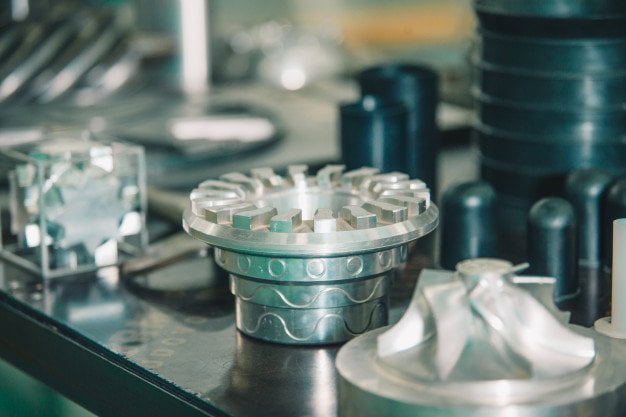5 Advantages Stainless Steel As An Industrial Material
by Mashum Mollah Real Estate Published on: 01 November 2019 Last Updated on: 22 June 2023

Stainless steel features heavily in our daily lives, and most people probably don’t even realize it. This robust and often-overlooked wonder material has pushed industrial boundaries and increased the life of components.
Those looking for industrial appliances should consider purchasing stainless steel for its longevity and durability. Stainless steel is widely used in various industrial appliances due to its unique properties and advantages. Some common examples of industrial appliances made of stainless steel include: industrial hydraulic hoses, tanks and vessels, heat exchanges, valves, industrial ovens, and filters, and many more.
What is it?
Stainless steel is the name given to the material made from low carbon steel and a chromium addition. The chromium addition gives the steel additional properties, from which many of the benefits are derived.
The name ‘stainless’ comes from the microscopic chromium oxide coat that develops on the outside of the compound. This coat, created when chromium comes into contact with the air, has ‘self-healing’ properties. If it is scratched and the chromium below is exposed, as soon as it is exposed to the air, another layer of chromium oxide is created, giving a smooth finish once more.
Some varieties of stainless steel also contain nickel or nitrogen. These are deliberately added to reduce corrosion and increase the longevity of the material.
5 Advantages Stainless Steel as an Industrial Material:
Benefit 1: Corrosion Resistance
Stainless steel is corrosion-resistant. Low carbon steel is naturally resistant to corrosion. Once the chromium is added, along with nickel or nitrogen, the material can withstand acidic or alkaline environments, as well as chloride bearing environments and environments of extreme atmospheric pressure and temperature.
These properties make stainless steel perfectly suited for the construction industry, where components are often exposed to the outdoor elements and need to withstand significant pressure.
Benefit 2: Strength at High Temperatures
The durability of stainless steel means it is able to maintain its strength, even under extremely high temperatures. Alternatively, on the other end of the scale, some forms of stainless steel can withstand cryogenic pressures.
A lot of components involved in the creation and assembly of industrial driers use stainless steel as their construction material due to its ability to maintain its integrity up to temperatures of almost 2000 degrees Fahrenheit.
Benefit 3: Hygienic
Stainless steel is easily cleanable, which is a focus of the catering industry. The material can withstand frequent and rigorous washing, making it the perfect material for use in kitchen appliances and catering applications.
Even domestic consumers can pick up stainless steel kitchen utensils and enjoy the benefits that come with using stainless steel in the kitchen.
Benefit 4: Sleek, High-Quality Appearance
Stainless steel holds a significant aesthetic appeal. It gives a modern, sleek finish. Architects and civil engineers have long utilized stainless steel in their designs, with striking effect and considerable success.
Benefit 5: Longevity
Its anti-corrosive properties mean that stainless steel products have a longer life cycle than other materials. This allows for exceptional performance in cost-benefit analyses. Additionally, it is very low maintenance, a fact that often makes it cheaper than other materials, once the lifetime maintenance costs are considered.
Stainless steel has carved out its dominance in the commercial, industrial and domestic sectors. It is among the most common metals in industry, for good reason. Its longevity, aesthetic merit, and fitness for purpose make it impossible to overlook in any industrial project.
Read Also:



































































































